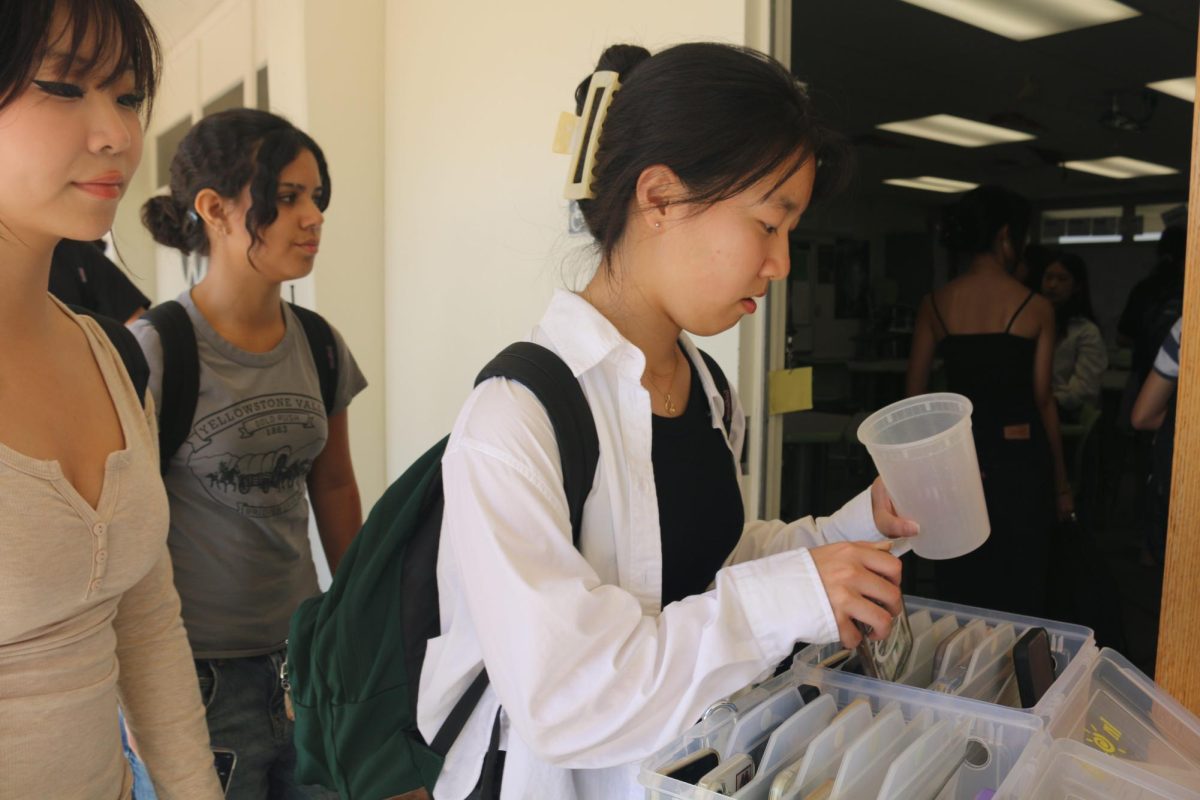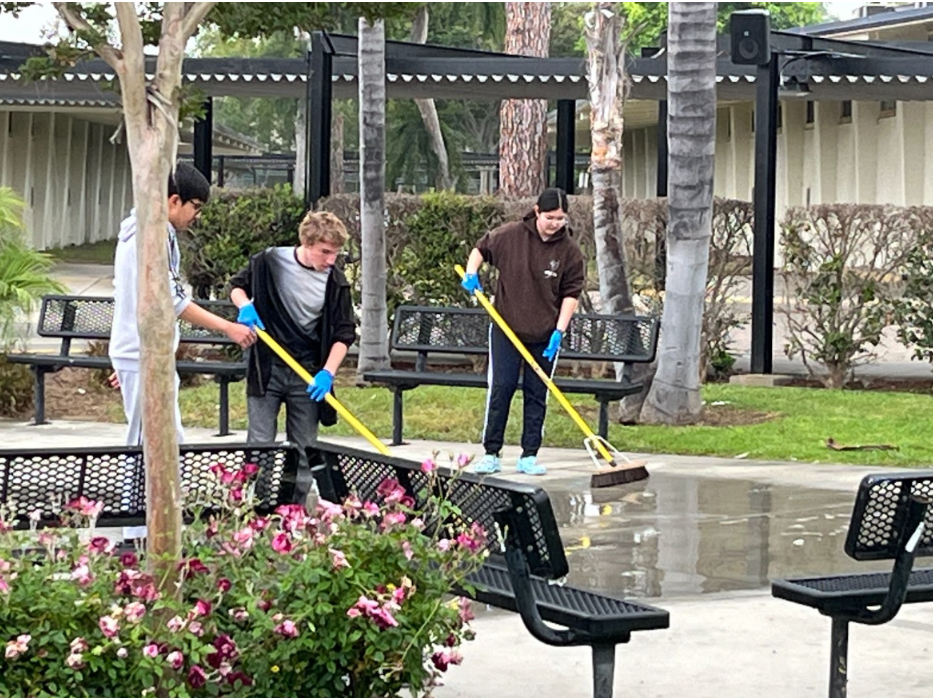This story was updated March 24 at 3:17 p.m. with a teacher reaction quote to the College Board’s decision about testing students from home.
The College Board announced via Twitter on March 20 that it’s developing ways to test students signed up for Advanced Placement [AP] tests from their homes after the coronavirus outbreak has led several U.S. states to issue stay-at-home orders.
“We considered canceling Advanced Placement [AP] testing this year, but 91 percent of AP students surveyed asked we not,” tweeted Trevor Packer, senior vice president of AP and instruction. “So we’ll invest heavily to provide optional online daily AP review classes and at-home AP testing.”
Though the College Board did not go into specifics for each of its 35 tests, it listed some guidelines for how the online versions will be administered:
Students will take a 45-minute, free response exam from home.
For each AP subject, the College Board will offer two different testing dates – one in May and one to-be-announced.
Students will be allowed to take these exams on any device that they have — computer, tablet or smartphone.
Students have the option of submitting a photo of handwritten work though the College Board tweet doesn’t address how that will be used for the reduced and timed exam.
“The at-home AP Exams this year will not include any multiple-choice questions, only free-response questions adapted for secure testing at home,” Packer said. “They will measure skills that can’t be learned from Google or chats with friends.”
Students taking AP Computer Science Principles, AP Seminar and AP Art & Design, as usual, will not have a final exam. They are to digitally submit their projects.
The specifics for each AP exam will be posted by April 3, Packer said.
That only left several Sunny Hills students puzzled as to how the College Board would be able to pull off an AP exam that authentically tests students’ knowledge. For example, the regular AP English Language and Composition exam requires students to write three essays in two hours with an additional hour to answer the 52-55 multiple choice questions.
The College Board tweet did not address specifics as to how this year’s 45-minute, free-response AP Lang exam would still be equivalent to the past ones.
Besides not being able to take a multiple choice test, junior Alice Pham also felt the changes to the test would make exams more difficult for students than in the past.
“It’ll be a challenge to balance both online schoolwork and basically self-study for the exams,” said Pham, who still plans on taking AP United States History, AP English Language and Composition, AP Physics 1 and AP Microeconomics. “It’ll definitely be a challenge for students who are taking multiple exams.”
Senior Kourtney Barbour applauded the College Board’s decision to offer tests online instead of axing them altogether.
“I believe that College Board is doing their best to accommodate for the students during this strange time,” Barbour said. “I feel like offering the test online is a very good way to still assess the students while keeping them safe.”
AP Computer Science teacher Myra Deister also responded positively to the College Board’s decision.
“The change is for the best solution especially since the students will be testing from home,” Deister said. “For the situation that everyone is in at the current time, I think it was a good solution.”
To help students during this time and beginning March 24, the College Board is also providing free online AP courses taught by AP teachers from all over the United States. Students can visit collegeboard.org to find out about their specific class.
“[The classes] are not dependent on current AP teachers continuing instruction,” according to the College Board website. “We know many AP teachers now face challenges that would make that impossible. … [The classes] will focus on reviewing the skills and concepts from the first 75 percent of the course. There will also be some supplementary lessons covering the final 25 percent percent of the course.”
The College Board will also provide the mobile and connectivity tools that students may need for their exams should their parents cannot afford to provide them for their children. Any student who needs these tools can sign up at collegeboard.tfaforms.net/74.
“I love it,” said junior Armaan Ahmed, who plans to still take AP Environmental Science, AP English Language and Composition and AP United States History. “With distance learning, we aren’t getting the teaching we might need to pass the test, so the online classes are a great way to prepare for the test.”
Full refunds will be given to students who choose not to take their AP test this school year with no cancellation fees.
“We actually haven’t collected any fees from schools – we don’t do so until after testing, so students can get refunds from their schools if they choose not to test,” according to Packer’s tweet.
Sunny Hills AP coordinator Kathleen De La Rosa said school officials have not yet made plans to give refunds should students opt for that.
“There is not a plan in place for refunds at this time,” De La Rosa said. “I am certain that once a decision has been made, the students will be notified.”
The College Board also canceled the March 14 SAT, the March 28 rescheduled test date and May 2 SAT. The June 6 SAT and the SAT Subject tests in June have yet to be canceled.
“Students who already registered for May, whose March test centers were closed or who do not receive March scores because of any irregularities, will receive refunds,” according to a College Board posting.
The International Baccalaureate program is set to make an announcement regarding its testing on March 27.



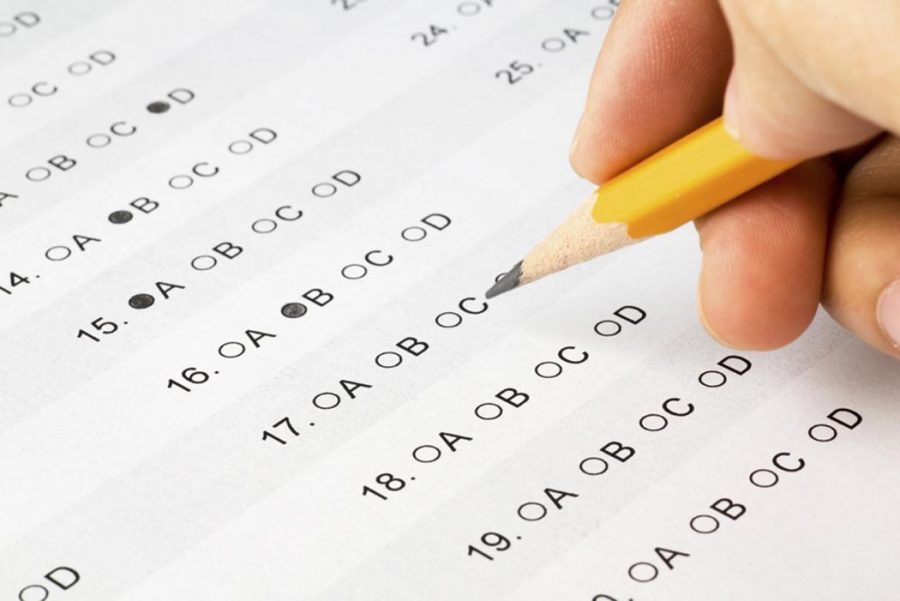
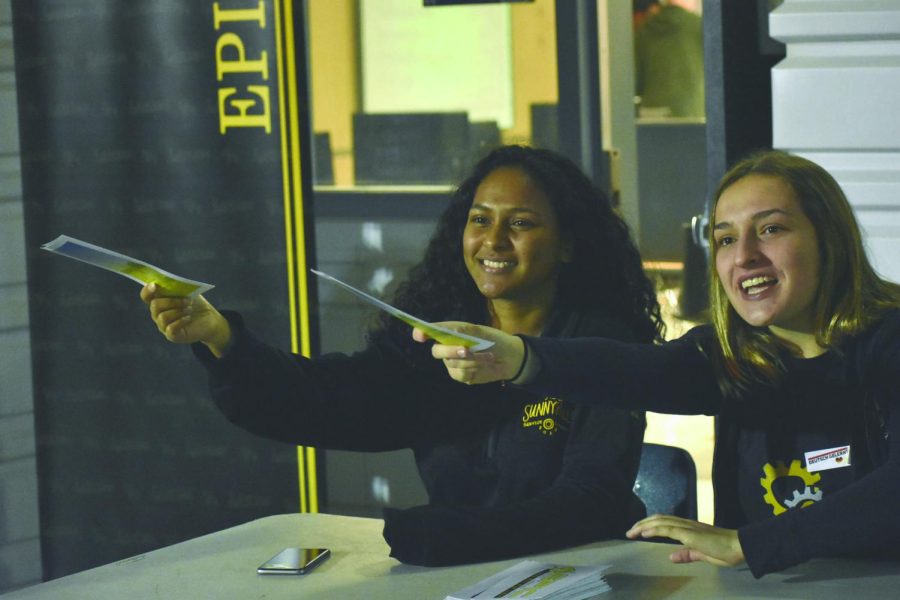
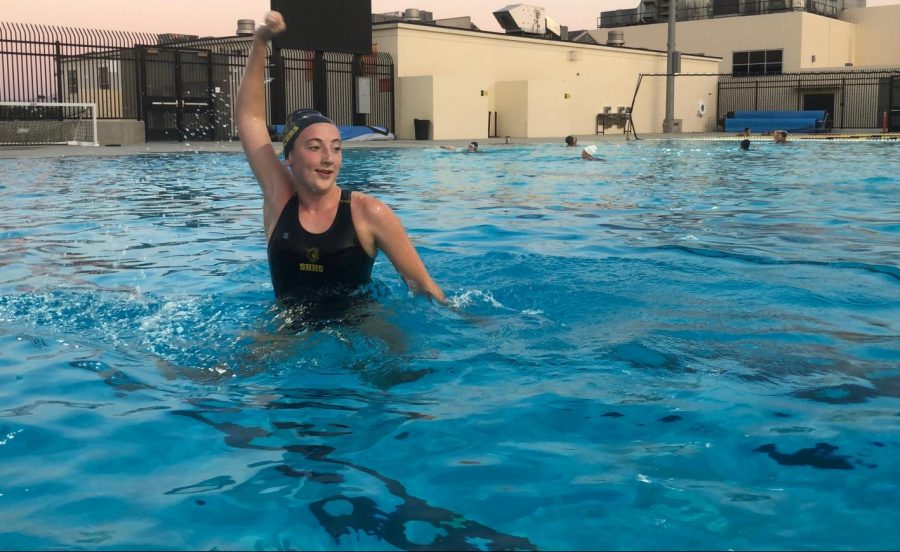



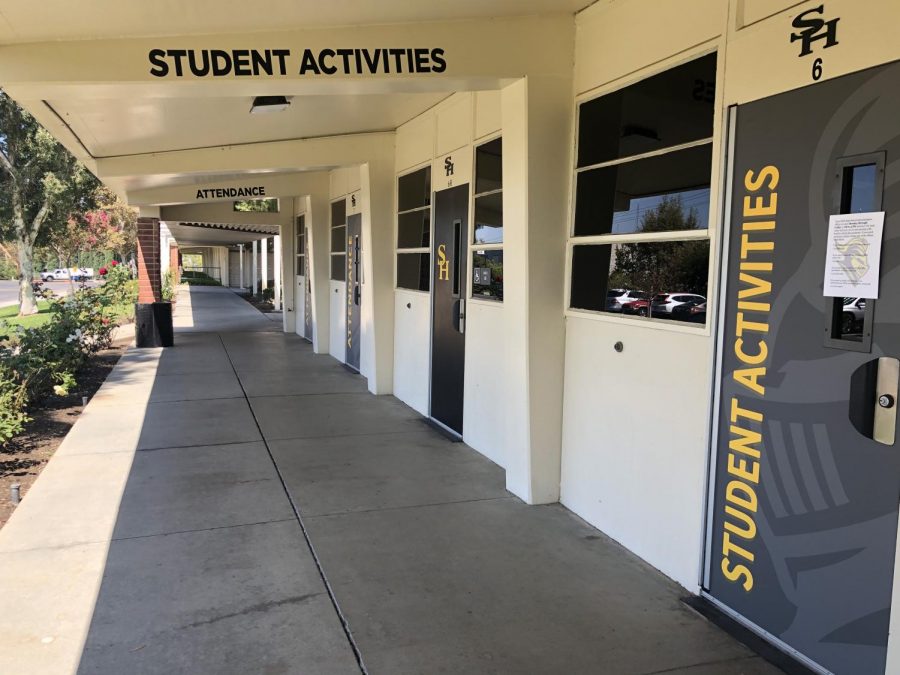
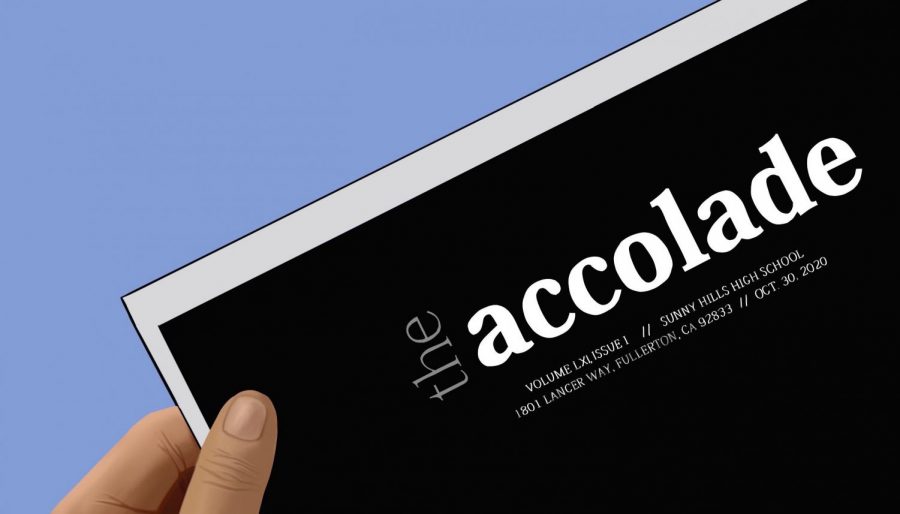
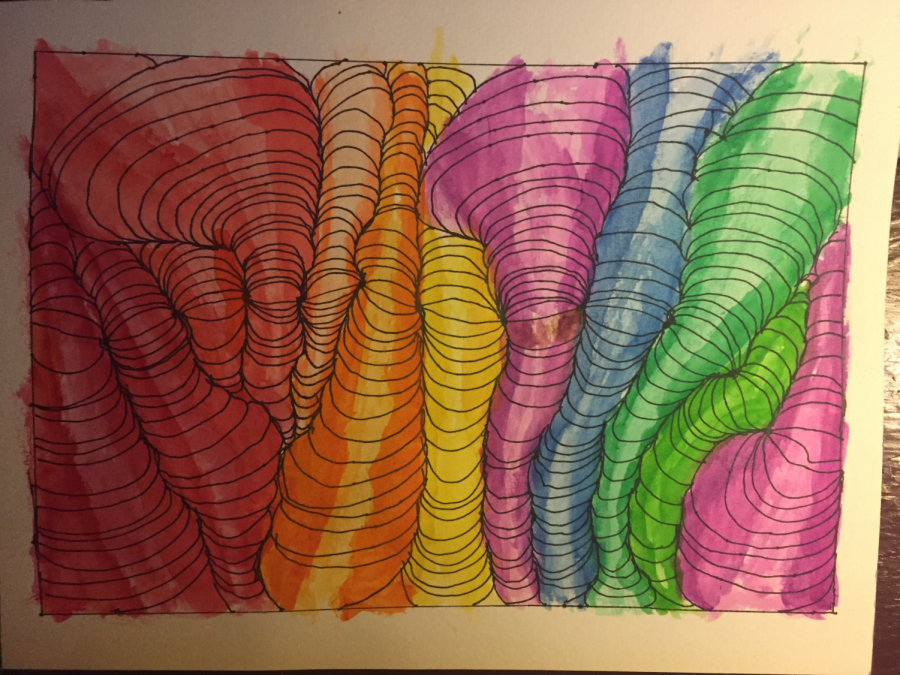
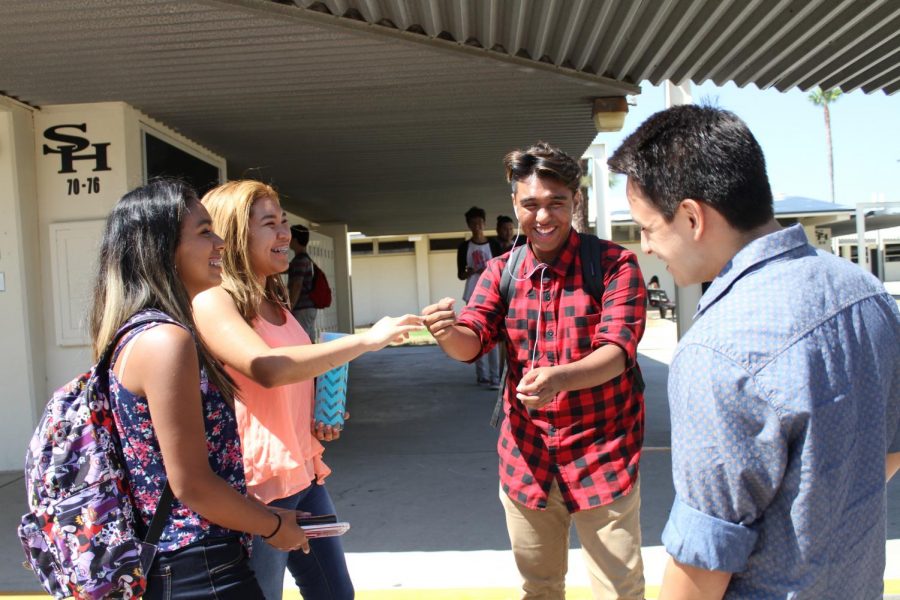


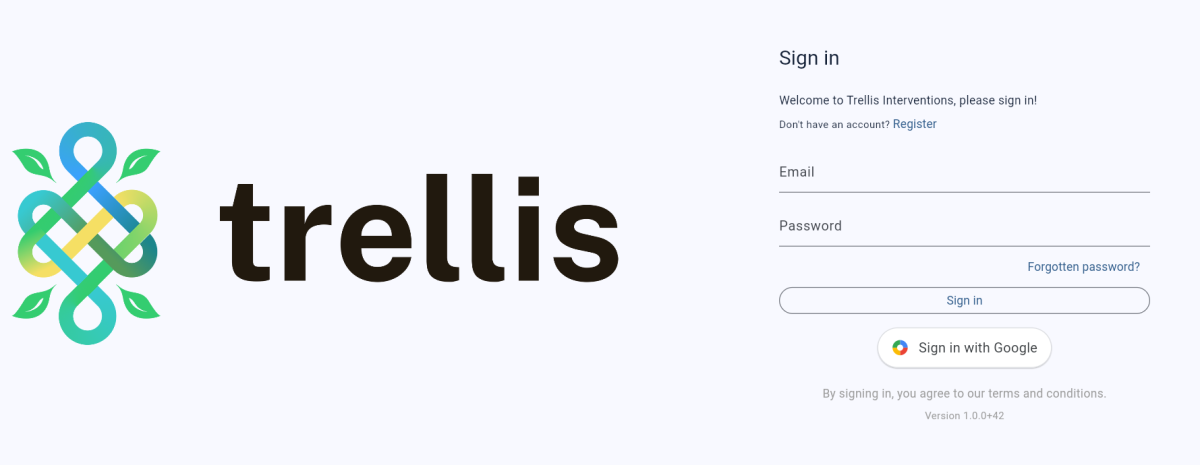
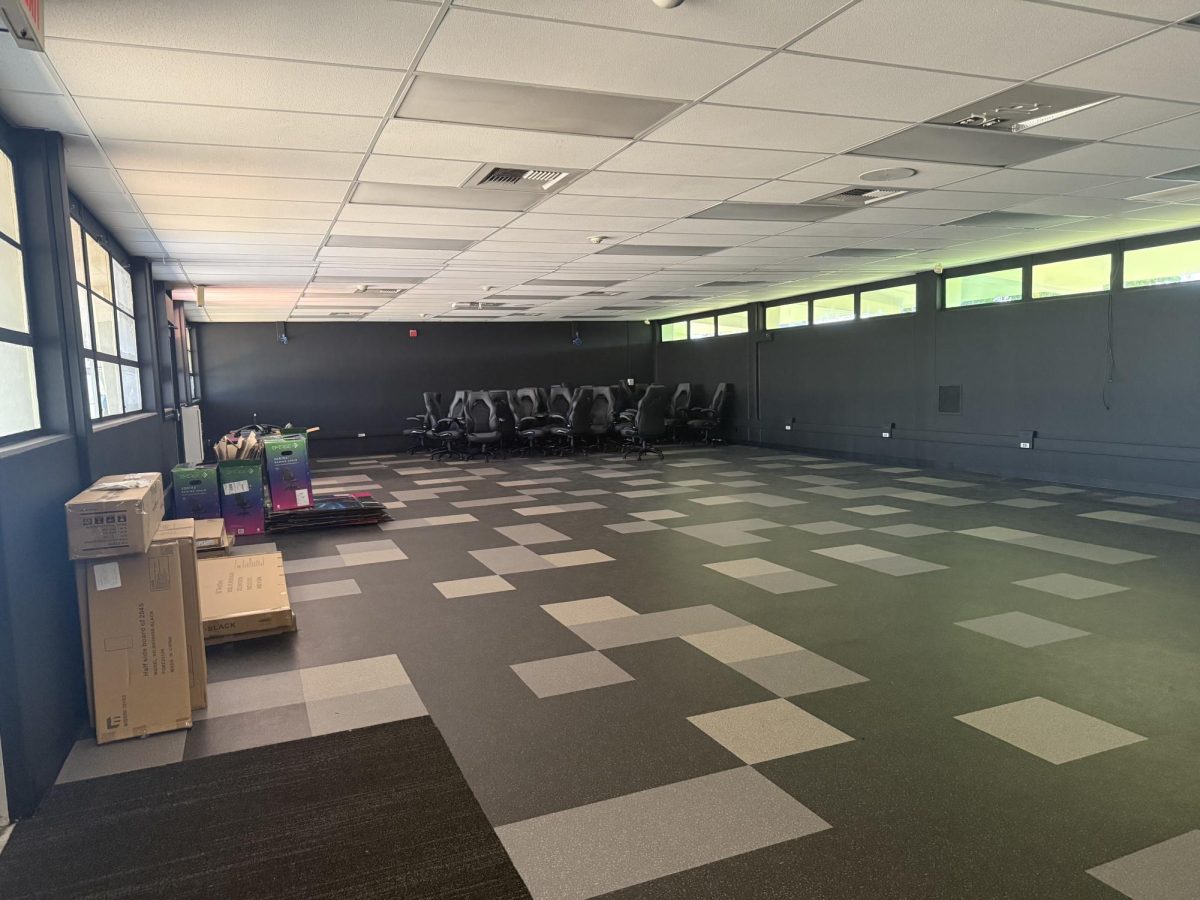
![Students and staff across the Fullerton Joint Union High School District [FJUHSD] received emails promoting a part time job offer with pay. The messages were set from compromised FJUHSD accounts.](https://shhsaccolade.com/wp-content/uploads/2025/09/image1-2-1200x527.png)

